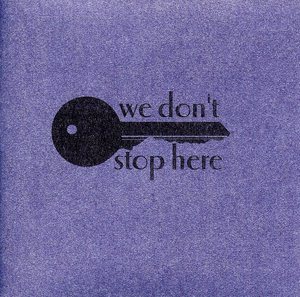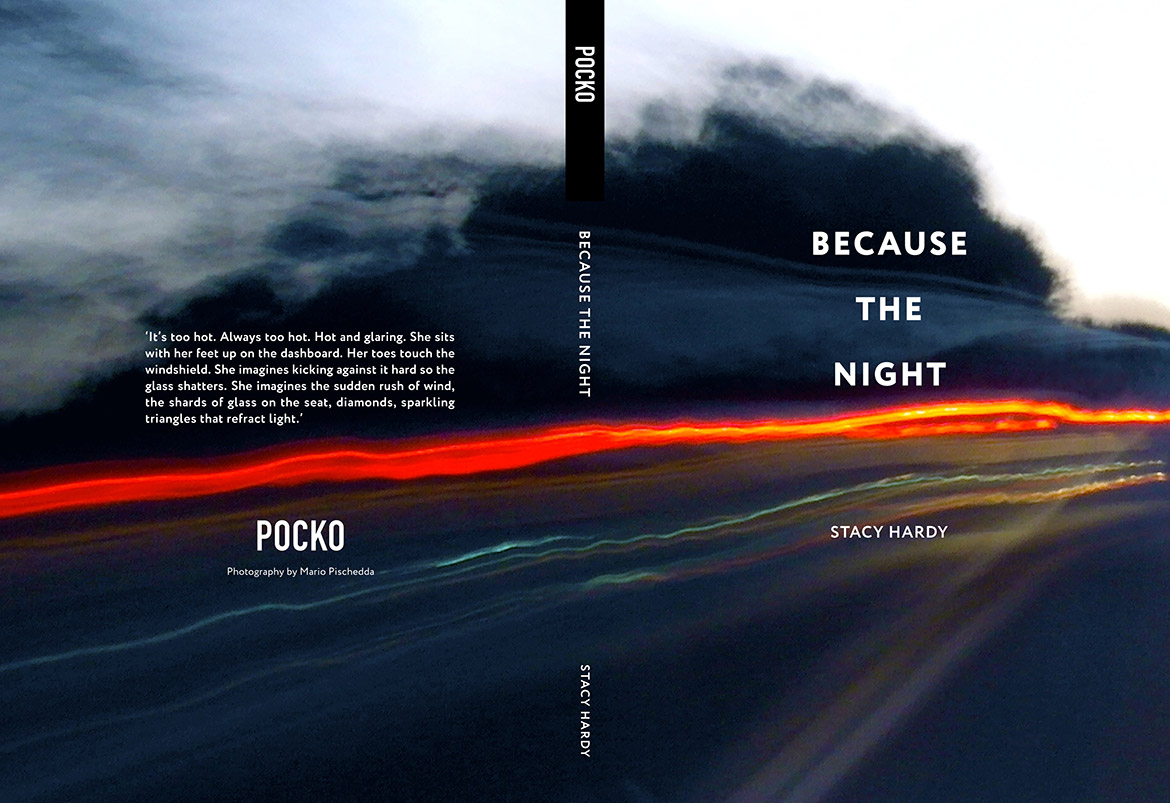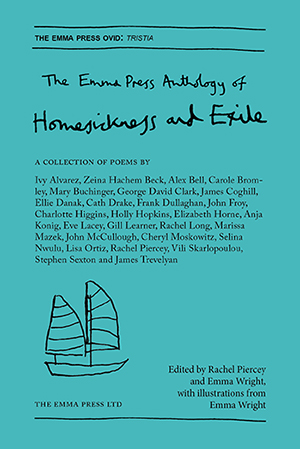We Don’t Stop Here (ed. by Ivy Alvarez)
-Reviewed by Holly Jazz Kotzé–
Reading a poetry pamphlet based on Mulholland Drive is a bit like having a dream about a dream that someone else once had that told you about it in another dream you once had before.
As a fan of the film and of David Lynch myself, I found that reading this pamphlet brought about a constant flow of triggered reminders, snap shots of memory of a film that I love and characters and scenes that I felt like I knew long ago. “The opening poem ‘Go Somewhere With Me’ by Collin Kelley gives us the beginning and the end all at once in the first lines with:
‘I’d follow you until I split into,
two smiles in my good girl purse,’
Later in the same poem the Club Silencio scene is recast to sum up perfectly the moment when everything changes while still bringing you back to the haunting atmosphere of that song:
‘so the night you take me clubbing
at 2am and the seizures come,
shocking me out of this reverie,
that you will never love me,
will leave me… llorando…’
And it’s nice that throughout this pamphlet there’s focus on characters outside of the main storyline such as the director and that scene where he comes back to find his wife in bed with someone else and his revenge is to pour paint into her jewellery box . The poems are playful and thankfully free of pretension. As a piece of fandom it’s spirited and brimming with detail, especially seen in Emilie Zoey Baker’s numbered ‘No Hay Banda. There Is No Band’, which charts our way from beginning to end of the film and had me smiling all the way through:
‘4. Black slides out of his mouth.
Espresso
6. He swings into Mulholland Drive, his wife is
covered in ripples but the pool is as still as a skull.
Her jewellery turns strawberry milk pink.
10. Night winds blow the lovers and they
land in red velvet. Everything is a recording.
8. The audition.
There was so much breath in the room it
would relax an asthmatic.’
‘Lip Synching’ by Juliet Cook is playful in its form and rhythm and dances around the lip synching theme which is a nod to the ‘This Is The Girl’ singing audition scene in the film. The lines change around in each stanza, until the reality has shifted to something else entirely.
‘This is the girl
with the shimmering blue box
so blue and cold and gloomy
with her sequins shimmied off
so blue and hot and doomy
with her shape-shifting mirage
another screen test another dream
desperate suckling of key-shaped pricks
….
so blue and hot and doomy
with her cream beginning to clot
with geriatric insects floating to the top
they clink her limbs sting her sickly sweet
girl-on-girl mirage balloon the jitters
the cryptic jitterbug contest dream
in which her fingers spread her blue nails shed
like dead sequins in a key-shaped can
in another indiscreet screen test
desperate suckling of the metal rim’
Karen Head takes a slightly different approach in her poem ‘Amnesia’. Instead of referring directly to the film she talks about the experience of watching the film in a cinema with older ladies tutting at the lesbian scenes. The image of watching this film at the cinema is itself a little play on the theme of people playing characters and she gets nicely meta as she refers to the actors themselves as she writes:
‘In the movies,
everything is illusion.
Watts and Haring play
Betty and Rita, are Diane and Camilla,
and in reality we can be
anyone we want –’
The theme of illusion and dreams is fervent throughout but I cannot stress enough how jam-packed this little pamphlet is with everything in between these dreams too. Every line is like a strobe that throws light on a scene you’d forgotten about, but that’s not to say that these poems don’t stand up on their own merit. It’s hard to tell what someone who has not seen the film would make of these poems, I’m quite sure a lot would just go over the head but like the film itself, you don’t necessarily have to understand what’s going on (indeed it took me about 4 viewings to understand the twist) to appreciate the imagery and humour and tension. The film aside, parts of the last poem ‘Untitled’ by Esther Johnson stand up alone:
‘Without the blinking light
Perhaps then things would be mundane
But which is more terrifying?
Roy Orbison for the end of a dream
Just one way your heart can break
How many is too many?’






Pingback: Deep River Apartments, ed. by Ivy Alvarez | Sabotage